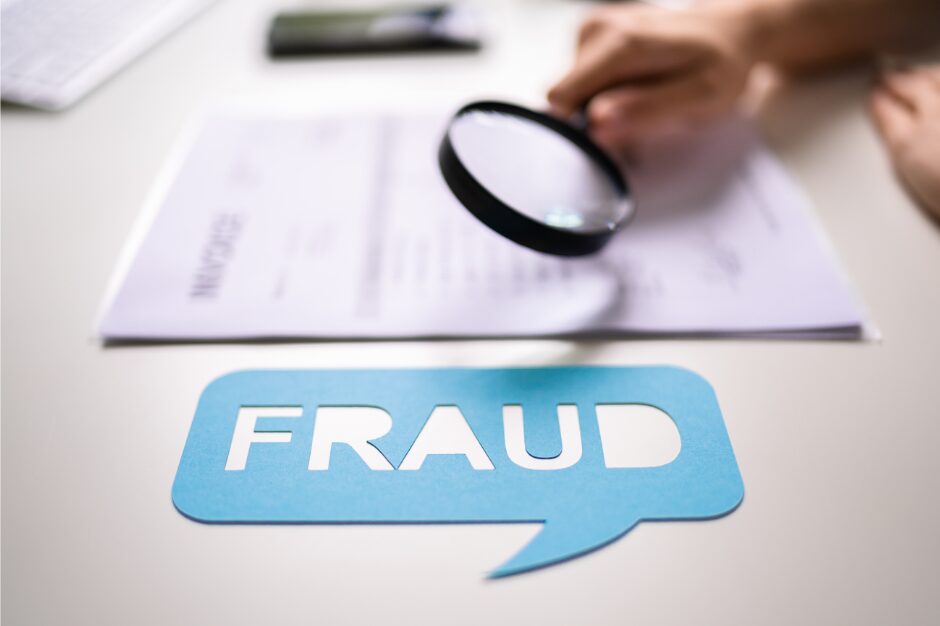
Although you might think you’ll never have squatters on your property, unfortunately, landlords may occasionally have to deal with squatters. You’re not alone if you find yourself in a situation where you’re asking yourself, “How do I evict a squatter?” The law can get confusing when defining someone as a squatter, and the eviction process presents some challenges. However, every landlord should know how to go about evicting squatters safely and legally. With this knowledge, you can take action if you discover someone illegally occupying your property.
What is a squatter?
How do you know if you have a squatter on your property? A squatter is someone unlawfully occupying an uninhabited property. A squatter can be:
- Someone who breaks into and starts living on your property
- A renter who stops paying rent but continues residing on your property
- A renter who continues residing on your property after the lease expires
- A roommate or a subletter who doesn’t leave after a lease ends
In other situations, you may deal with trespassers instead. Trespassers are individuals who enter a property illegally. Squatters are technically different from trespassers, although trespassers can become squatters if they start openly living on a property without permission after entering illegally.
While trespassing and squatting aren’t legal, trespassing is typically considered a criminal offense, and squatting is a civil matter. Trespassing usually results in an arrest. Squatting, however, is generally resolved with eviction.
How to Evict a Squatter
You can evict a squatter, but you should comply with all local laws when doing so. You’ll want to check with a legal professional to determine the specifics about the rights squatters have and the rules you must follow when evicting squatters.
As soon as you discover squatters on your property, take the following steps:
- Call the police immediately: You might avoid further legal action by calling law enforcement. The police can figure out if you’re dealing with a trespasser or squatter, then either remove the individual or let you know that you’ll need to file a civil suit.
- Serve a squatter eviction notice: Serving a squatter an eviction notice is a legally binding way to inform the squatter of the need to vacate your property. A squatter may leave upon receiving the notice.
- File a civil lawsuit: If the squatter doesn’t leave, you’ll need to file a civil lawsuit. Check local laws because details vary by location. Generally speaking, you’ll need to go to an eviction court hearing to proceed with the squatter’s eviction.
- Have squatters removed: After winning a case, you might be able to pay a small fee to have authorities remove the squatters. If this option is available to you, it offers a safe way to remove the squatters from your private property.
- Handle belongings squatters leave behind: Following an eviction of squatters, you might find they’ve left behind some personal belongings. Again, you’ll want to check with a legal professional in your area before removing anything to make sure you legally handle all items that remain.
Do squatters have legal rights?
Keep in mind that squatters have rights. These legal allowances, known as squatters’ rights, let squatters occupy a property without permission from the owner if they haven’t received an eviction notice.
Squatters’ rights vary depending on your state, but many areas allow a squatter to take possession of a property after a specific amount of time passes. Squatters can gain legal possession of a property if they can prove adverse possession, which means they:
- Have lived openly on a property without the owner’s permission
- Have not signed a lease
- Have lived at a property long enough to become the legal owner
In other words, it’s in your best interest to serve an eviction notice for squatters and start the eviction process as soon as possible.
Keep in mind that removing squatters by force is not only dangerous, but it may also lead to criminal charges against you. Always check and comply with local and state laws before evicting squatters.
Courts may also view specific actions as trying to avoid the legal process by taking matters into your own hands, including:
- Shutting off utilities
- Locking out squatters by changing the locks or installing additional locks
- Intimidating the squatters, either physically or verbally
It would be best if you avoided these types of actions as they may lead to fines or other legal action against you, making it more difficult for you to get rid of the squatter in the end. A court might deem something as simple as moving or picking up a squatter’s belongings as an act of intimidation. Proceed with caution if you encounter this situation and read more about constructive eviction here.
Why should you deal with squatters immediately?
Although a squatter eviction can feel stressful and overwhelming, you’ll want to deal with the situation as soon as possible. Remember, letting squatters occupy property uncontested can mean that your property becomes their property. Additionally, removing squatters can get harder the longer they stay on your property. All in all, a squatter on your property could:
- Make you lose money and time: The eviction process can sometimes take months, costing you money in legal fees.
- Prevent you from renting the property: You’ll also lose money in rent that you can collect the longer a squatter remains on your property. You can’t rent the property until the squatter leaves and you clean up the unit.
- Create damage: A squatter also could cause damages to the structure or surrounding land.
- Make it harder for you to claim ownership: The longer you hold off on evicting squatters, the more likely it is that squatters’ rights will apply.
Learning how to evict squatters safely and legally is an essential part of a landlord’s role. Once you understand how the process works, you can proceed with confidence if you find yourself faced with this situation.



